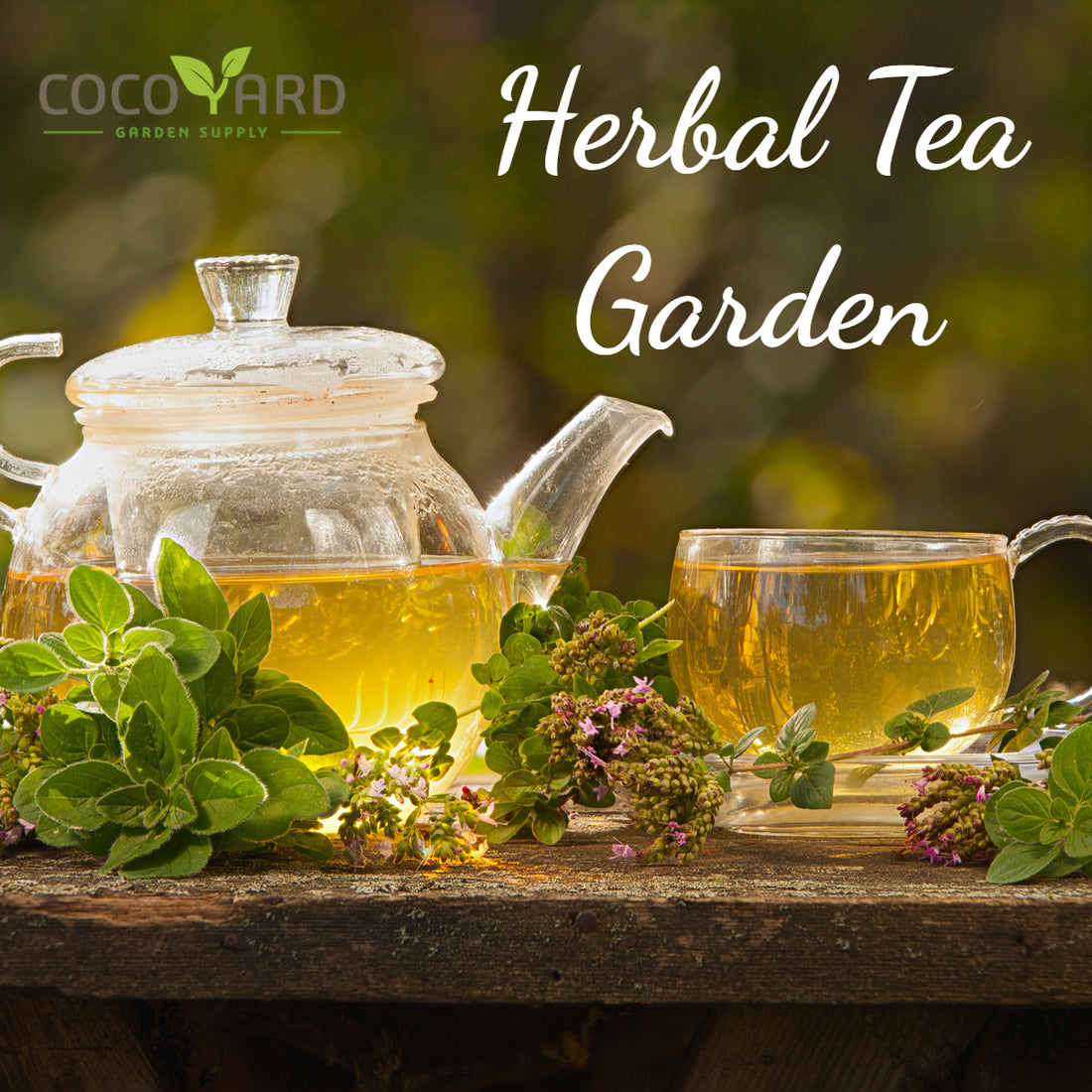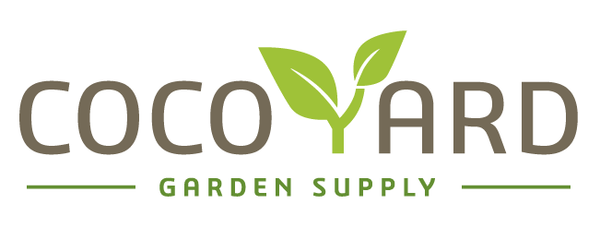
Herbal Tea Garden
Herbal teas are easy-to-made and very popular among herbalists and herbal enthusiasts for their powerful health benefits. Herbal teas can be consumed fresh or frozen for later consumption. They have been used for thousands of years to help heal diseases and infections as well as provide aesthetic benefits to the face. Herbal teas have become increasingly popular in recent years as alternative health practitioners and herbalists began to use them to treat a variety of health issues. Herbal tea gardens have also become popular since the addition of flowers and plants to improve the environment within which the tea is grown.
Herbal tea gardens are simple and low-maintenance. If you want to try growing your own, several perennials make great tea. Some have healing benefits, and some just taste good. Herbal tea is made from leaves, flowers, and other parts of plants and trees. Growing and enjoying herbs and flowers is a simple way to add flavor and healing benefits to your life.

Grow Herbal Tea Garden:
Growing herbal tea gardens is both fun and rewarding. Moreover, these herbs are easy to grow and can be planted in containers and small spaces. All you need to do is, look after the invading species and learn ways to dry and store these little green magicians. You might be wondering that if I can simply brew a few leaves in hot water or use a flavored tea bag. There are many easy methods you can follow to grow these wonderful plants. Going green has many health benefits. It improves digestion and promotes living tissue production. Being responsible for the upkeep of your plants also makes you feel more confident about your gardening activities.
Herbal tea gardens are easily the best type of garden to grow herbs in. They have space for all of your tiny plants to grow and produce abundant healthy produce. These gardens also have drainage, so water does not run away from your plants and let you forget about them. Each week, you should water your plants according to their respective watering schedule; Monday through Friday, for example, water your herbs during the day while leaving them alone until dinner time. When it comes to selecting a garden, consider what your indoor gardening needs are. Monday through Friday, you need indoor plants that can withstand the hot weather and still produce good yields for the week. In addition to sun and water, you also need fertilizer for your indoor plants. Oftentimes, farmers will give you dry fertilizer instead of liquid fertilizer because it will last longer and is easier to store when needed.

Herbal tea gardens are an exciting new alternative to standard outdoor landscaping. As someone who loves walking, gardening, and nature, I have long been drawn to the idea of creating a natural setting within my own home. Not only do they provide me with an opportunity to improve my home's architecture while creating a visual experience that is both visually pleasing and functional, but they also inspire me to think outside of the box when it comes to creative findings. Herbal teas inspire me to explore new ways to grow herbs for personal consumption as well as for commercial use.
Herbal teas are made by infusing herbal materials, such as roots, leaves, flowers, or germs, with alcohol or other substances. Different types of herbal teas have different effects on the body. Some may be very useful in reducing pain or taking the edge off when consumed regularly. Herbal tea gardens are well suited for growing these types of herbs because there are neither pesticides nor herbicides used to grow these crops.

4 Herbal Teas to Feed Plant Starts:
- Chamomile Tea
- Comfrey Tea.
- Honey Tea.
- Willow and Cottonwood Teas.
Benefits of Herbal Tea Gardens:
- Herbs are lovely and low maintenance, and it's really fun to experiment with the many ways you can use them.
- Many herbs make great teas, including some with healing benefits and some that just taste delicious.
- Herbal tea gardens are a great way to add decorative flowers and herbs to your home.
- They're also an excellent way to grow herbs that have antioxidant properties. Antioxidants can reduce free radical damage to cell membranes and help protect against some types of cancer.
- Herbal teas are also delicious and versatile! You can add fresh-pressed black or green tea leaves to foods and tea infusions to boost immunity or prevent illness. Or you can drink herbal tea right after dinner (especially if you have an appetite) to replace some of the carbohydrates in your stomach (potatoes are high in carbs).
- Herbal tea is also an excellent source of vitamins, minerals, and antioxidants.
- There are so many herbs that can be used in tea, and each herb has its unique properties. Some have healing benefits while others are just delicious.
As an experienced herbal tea drinker, I love growing herbs that I use to make tea.
Favorable For Other Plants In Your Garden:
Herbal tea is an excellent way to get more oxygen into your plants, as well as nutrients and air between the leaves. You can use it topically on sunburned skin or in a wider range of applications than you might expect. It contains numerous antioxidant vitamins and minerals that help to promote healthy growth and defend against free radicals. Here I'll tell you about some of the most interesting uses for herbal teas and encourage you to pick some up if you have never tried them before. Herbal teas are filled with nutrients for healthy cells and aromas that enrich the atmosphere around us. It is said that the best form of herbal tea is made from raw materials that have been gathered directly from nature.
Herbal teas are made from the crushed leaves and flowers of several hundreds of different plants. They are refined to be filtered, and then compressed into tea bags or gelatin containers for shipping. It may sound like an odd claim for a tea-infused product, but the popularity of herbal teas shows just how much people care about the quality of their life. Herbal tea has been consumed for thousands of years by people in various regions of the world, and it continues to be used today for a host of health reasons. It's estimated that over 80% of Americans drink herbal tea at least occasionally.
